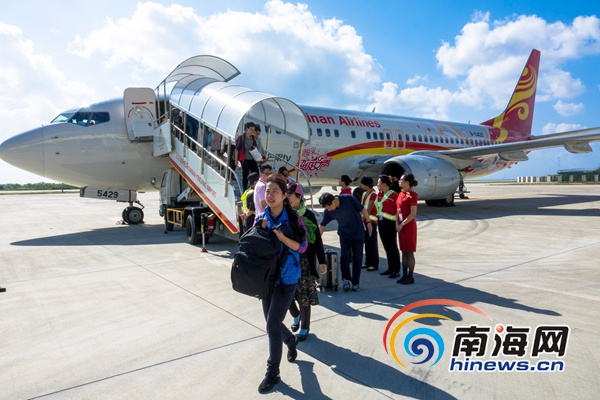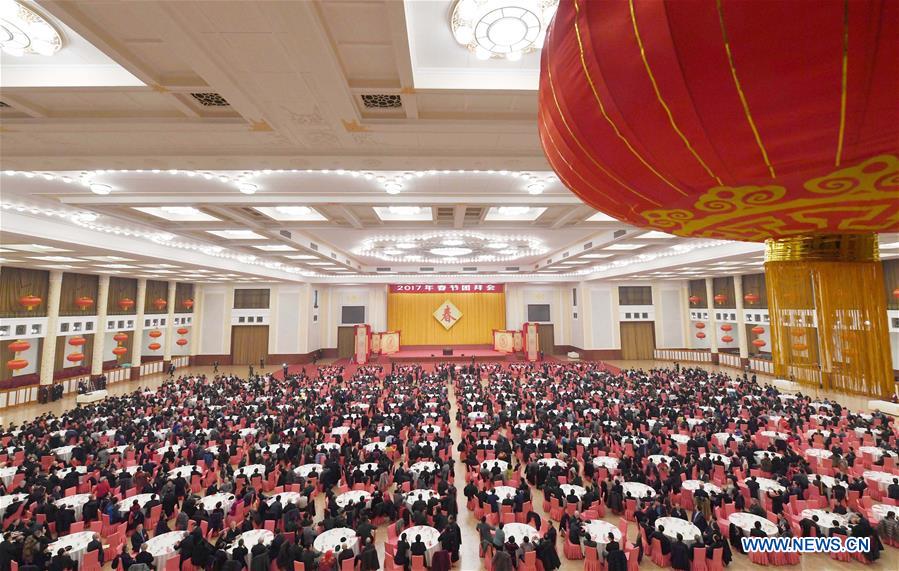China punishes damage of cultural heritages
Chinese government has punished the acts of damaging important cultural heritages or revolutionary site in three cases.
The State Administration of Cultural Heritage on Thursday made public the cases, one of them involving the damage of more than 100 ancient tombs dating back to more than 1,500 years ago in central China’s Henan Province.
Another case in the same province involved illegal dismantling of some commercial and civil residence sites which could date back to the late Qing Dynasty.
The third case was about dismantling of a site in Hubei where a negotiation between the Communist Party of China and Kuomintang took place.
The administration said in a statement that people responsible for the violations have either been held for further investigation or received due punishments.

